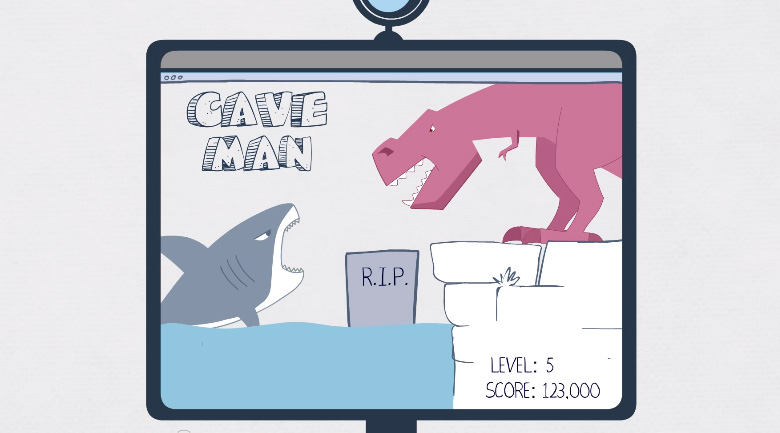Your to-do list won’t seem to end, and your deadline is approaching. You’ve got a challenging task ahead of you, and you’re sure you could get it done if only you could focus.
You’ve turned off your cell phone, locked your office door, blocked time-wasting sites like Tumblr, and downloaded all of those apps that buzz you out of your distractions. You’re even thinking about taking up meditation, not because you want to reach enlightenment, but because you’ve heard it helps you focus. These days, we even medicate our kids with drugs like Adderall to help them concentrate while at school.
Too much of a boring thing is very boring
But according to Dr. Srini Pillay, too much focus can actually hold you back. According to Pillay, so much concentration must be balanced with its opposite – an unfocused mind. Pillay is an M.D., an author, CEO of NeuroBusiness Group, and a professor at Harvard’s medical school and its business school. To achieve so much, one would assume that Dr. Pillay is a supremely focused person.
But on the contrary, Dr. Pillay has made a career out of promoting the benefits of unfocused mental activity. According to their research, focusing too much can actually wear out your brain, causing you to make impulsive, bad decisions, lose self-control, and become difficult to work with.
Reset to default
When we’re not focusing, a part of the brain called the “default mode network” (DMN) is activated. But it’s not like your computer, which goes into sleep mode to save energy. Actually, the DMN requires 20 percent of your brain’s energy, far surpassing the 5 percent required for focused activity.
That’s because, while a focused brain is great for zooming in on particulars, an unfocused brain is actually doing more work.
The DMN allows the brain to dig up old memories, move freely between thoughts of the past, present, and future, and synthesize seemingly unrelated ideas. These activities give us a stronger sense of who we are, makes us more imaginative and more aware of other peoples’ perspectives, and allows us to make better decisions by seeing the big picture of how our present could activate our future. Dr. Pillay recommends regularly activating the DMN by taking afternoon naps and consciously daydreaming.
Rather than allowing your brain to wander when you should be working, set aside time to engage your hands in an easy activity such as gardening or a coloring book, then let your imagination play out its fantasies and wander where it will.
Some famous achievers
I recently read an article about how many of our most accomplished people in history – from Albert Einstein to Charles Darwin – only worked for about four hours a day, and spent the rest of their time daydreaming and taking walks.
Recent studies of top music students found that the most talented performers interspersed focused practice sessions with naps and other low-impact activities.
It’s not just that you need to rest to give your brain a break from focusing. In fact, your brain actually performs better when you intentionally release focus and allow your mind to wander.
Ellen Vessels, a Staff Writer at The American Genius, is respected for their wide range of work, with a focus on generational marketing and business trends. Ellen is also a performance artist when not writing, and has a passion for sustainability, social justice, and the arts.






































